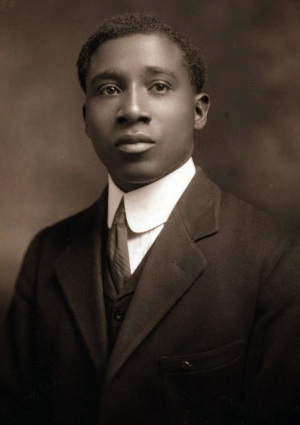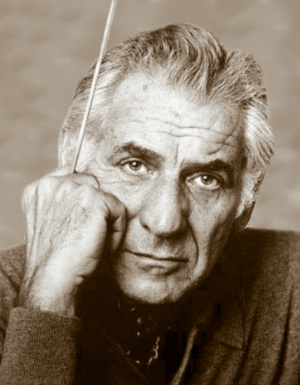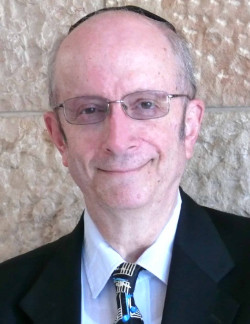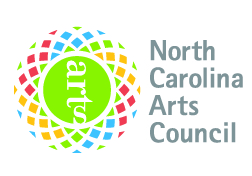LEGACY CONCERT SERIES
Dett & Bernstein
R. Nathaniel DETT: The Ordering of Moses (North Carolina Premiere)
Leonard BERNSTEIN: Chichester Psalms
Anne O'Byrne, soprano
Sarah Brauer, mezzo-soprano
Jason Dungee, tenor
Marques Jerrell Ruff, bass-baritone
Charlotte Master Chorale
Charlotte Symphony Orchestra
Kenney Potter, conducting
Thursday, September 28 - 7:30 PM
(Pre-Concert Talk at 6:30 PM) @ Cain Center for the Arts
21348 Catawba Ave, Cornelius, NC 28031
Saturday, September 30, 2023 - 7:30 PM
(Pre-Concert Talk at 6:30 PM) @ The Sarah Belk Gambrell Center for the Arts and Civic Engagement, Queens University of Charlotte
2319 Wellesley Avenue, Charlotte, NC 28207
Parking for Sarah Belk Gambrell Center is located in the North Parking Deck (2217 Wellesley Avenue), which is accessible from Wellesley Avenue via driveway next to the Levine Center for Wellness and Recreation. Limited disabled parking and loading/drop-off are located at the building’s entrance at 2319 Wellesley Avenue.
Program Guide
Celebrating the Oratorio Singers’ and Charlotte Master Chorale’s over seven decades of performing choral-orchestral masterworks, our Legacy Concert series continues with an examination of freedom and oppression across communities featuring Leonard Bernstein’s Chichester Psalms and the North Carolina premiere of R. Nathaniel Dett’s long-neglected oratorio The Ordering of Moses,a richly, emotional oratorio that offers a portrait of Moses from the burning bush to his deliverance of the Israelites. In his review of a 2022 performance in Birmingham, England, music critic Andrew Clements described the work this way:
“It’s a vivid piece of musical storytelling, a sequence of impassioned solo arias and dramatic choral numbers, always underpinned by pungent orchestral colours that progress steadily from the dark despair of the opening, strikingly coloured by cello and bassoon, to the brassy exuberance of the final moments, when Moses and his sister Miriam lead the Israelites in a celebration of their freedom.”
Our Soloists
Dett: The Ordering of Moses

Dett’s later education included studies at Harvard University under Arthur Foote and the American Conservatory in Fountainebleau with Nadia Boulanger. In 1932, he completed a Master of Music degree at the Eastman School of Music in Rochester, New York. For his master’s project, he composed what would become one of his most significant compositions, the oratorioThe Ordering of Moses.
This monumental work drew upon the biblical story of Moses and the Exodus, blending elements of African American spirituals with classical European forms and techniques in a powerful testament of his compositional skill, his dedication to preserving African American musical traditions, and his belief in the unique and indispensable role of African American music in American culture.
ThoughThe Ordering of Moses premiered to critical acclaim at the 1937 Cincinnati May Festival, its concurrent national radio broadcast was not met with the same enthusiasm. Around forty minutes into what was meant to be an hour-long program, NBC radio listeners across the country found the historic national broadcast cut short: “We are sorry indeed, ladies and gentlemen, but due to previous commitments, we are unable to remain for the closing moments of this excellent performance.”
No official explanation was given, but the prevailing theory was that NBC had caved to complaints from listeners who objected to the broadcasting of music by a Black composer. The piece was rarely performed for the following 70 years, until its recent revival by musical organizations across the country.
Bernstein: Chichester Psalms

The three movements ofChichester Psalms, written in 1965, are a captivating blend of Biblical Hebrew verse and Christian choral tradition, reflecting Bernstein's commitment to promoting unity and understanding among different faiths. As the Leonard Bernstein Office notes, “Bernstein specifically called for the text to be sung in Hebrew (there is not even an English translation in the score), using the melodic and rhythmic contours of the Hebrew language to dictate mood and melodic character. By combining the Hebrew with Christian choral tradition, Bernstein was implicitly issuing a plea for peace in Israel during a turbulent time in the young country’s history.”
Pre-Concert Talks (6:30 PM)
Arrive early for a Pre-Concert Talk and learn more about these works and the social issues they deal with.
Thursday
Marques L. A. Garrett, University of North Texas
Cantor Emeritus Elias Roochvarg, Temple Israel.
Saturday
Marques L. A. Garrett, University of North Texas
Marques L. A. Garrett

Cantor Elias Roochvarg

These concerts are presented in partnership with the Charlotte Symphony Orchestra, the Gambrell Center of Queens University of Charlotte, and collegiate singers from Queens University of Charlotte and UNC Charlotte and are made possible, in part, with funding from ASC and the N.C. Arts Council, a division of the Department of Natural & Cultural Resources, and the Sally Ann and Joe Hall Fund of the Charlotte Symphony’s Endowment.
*The September 30th performance is presented in partnership with the Gambrell Center and features special performances by the Queens University Choral Union & Chamber Singers, Justin Smith, director, and the University Chorale of UNC Charlotte, Jason Dungee, director.





